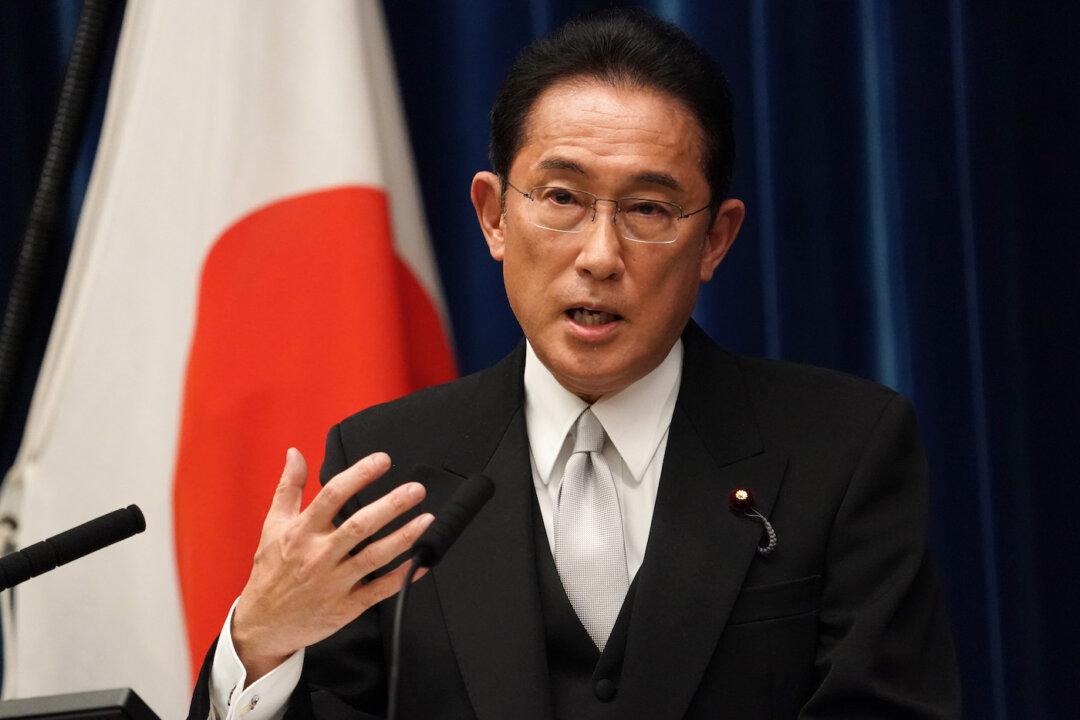Experts believe that Japan’s new prime minister, Fumio Kishida, will continue to increase Japan’s commitment to the Quadrilateral Security Dialogue (Quad), but that greater efforts to strengthen Japan’s military will be necessary to secure the region from aggression by the Chinese regime.
A key area of concern is the ability of the Japan Self-Defense Forces (JSDF) to adequately carry out joint military activities with its allies in the Quad, the informal forum for strategic coordination between Australia, India, Japan, and the United States in the Indo-Pacific.




